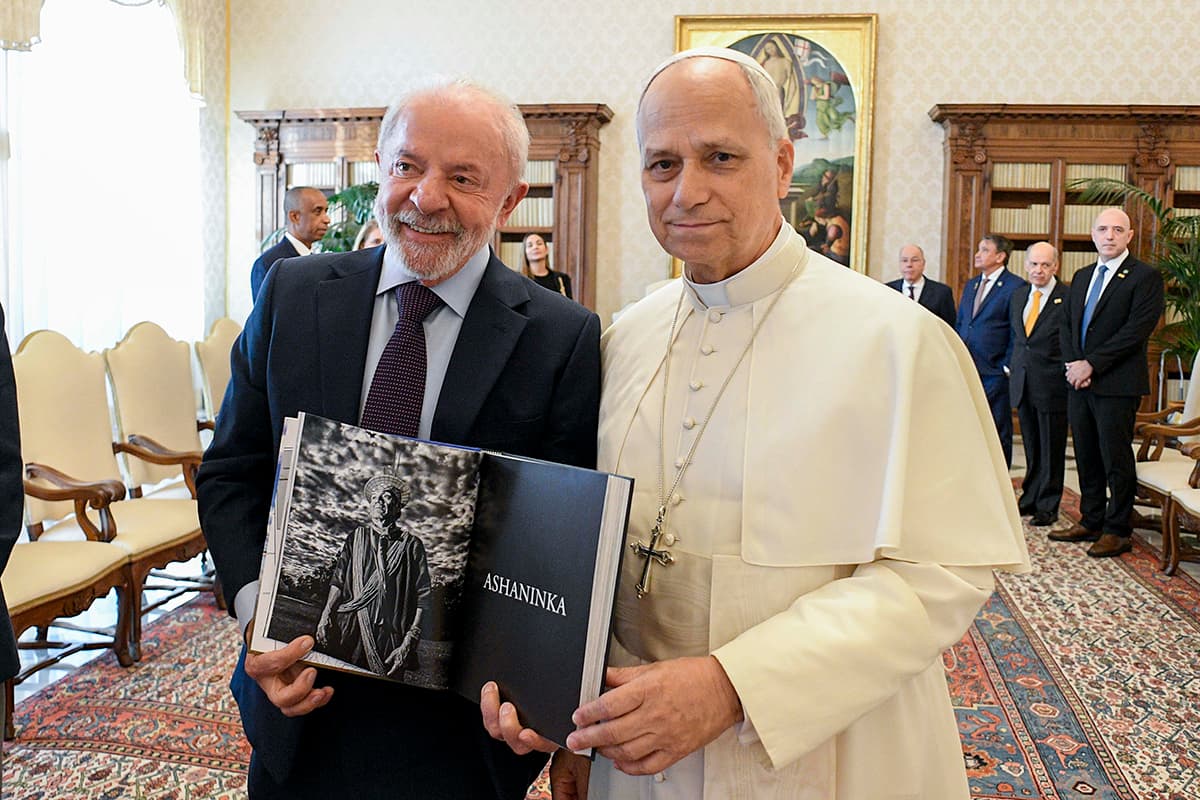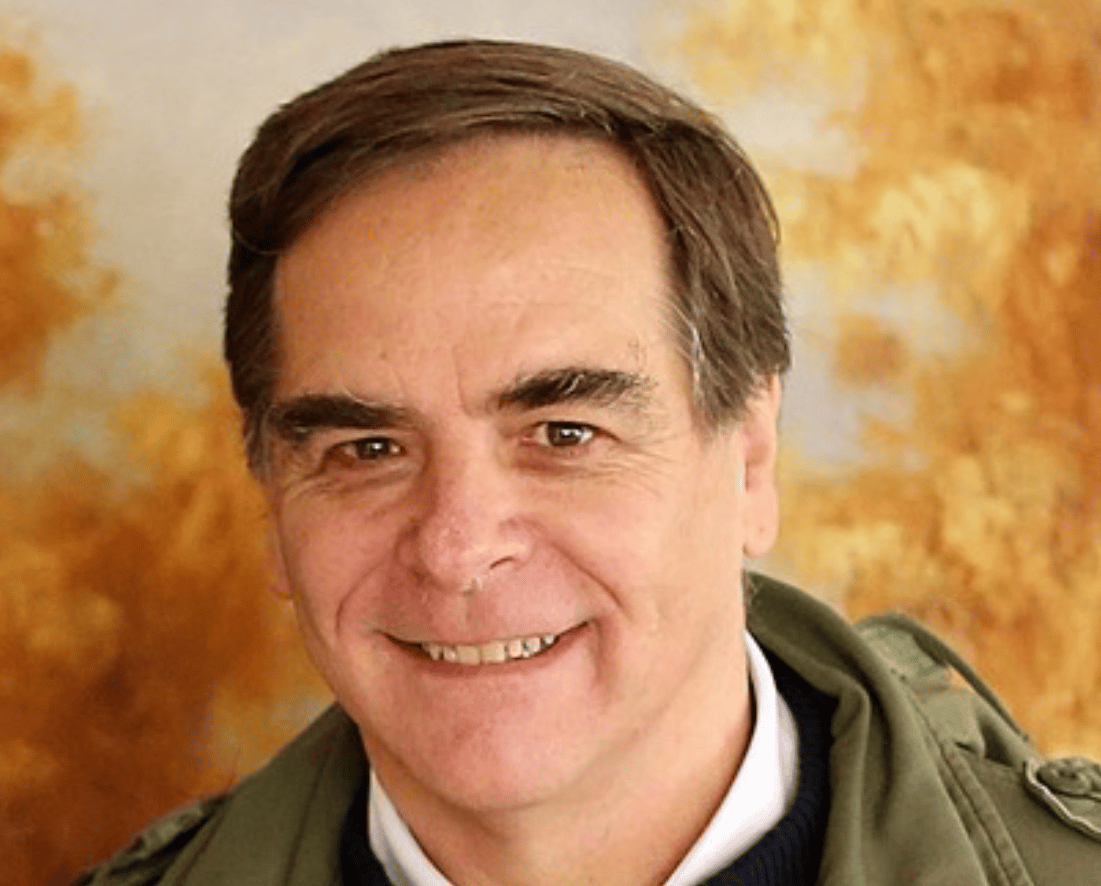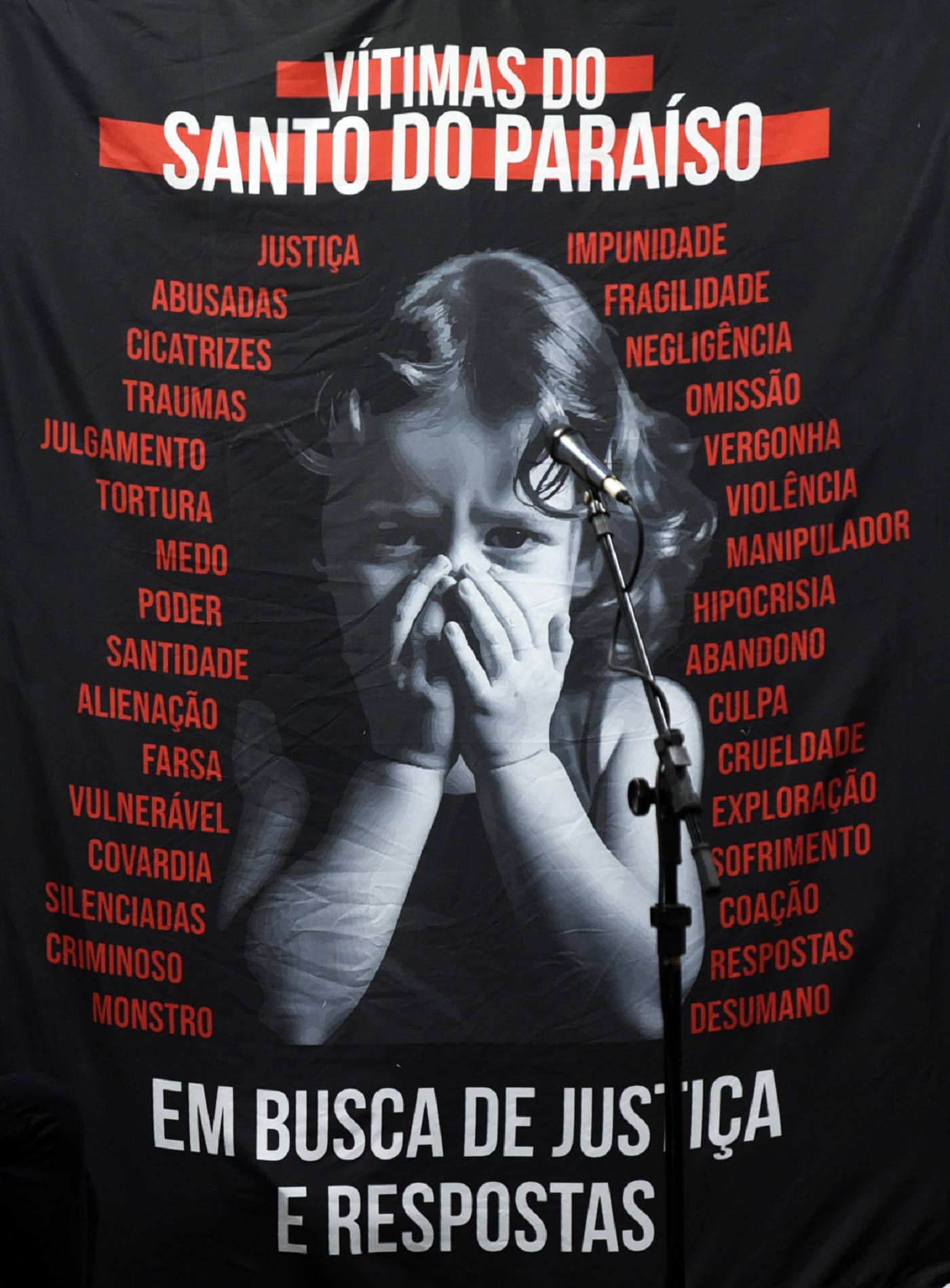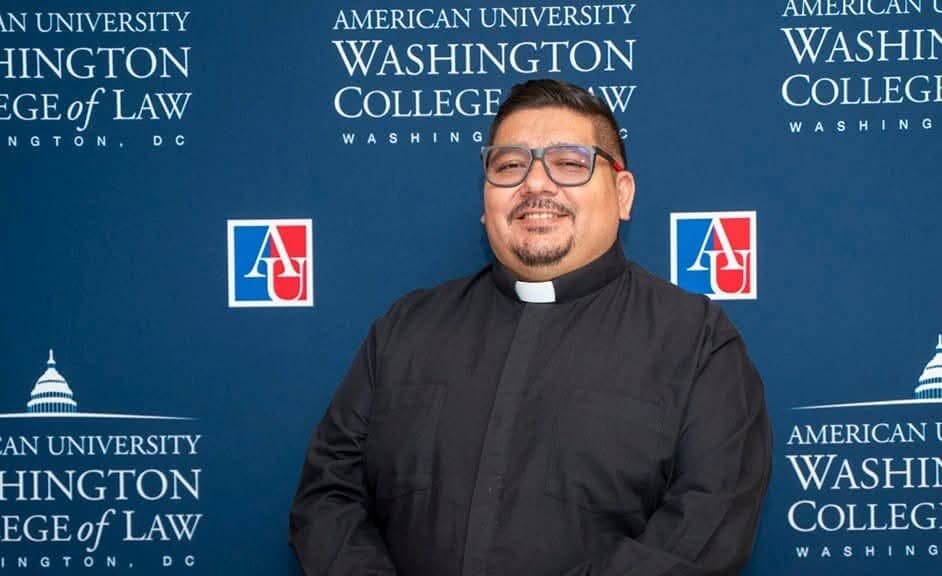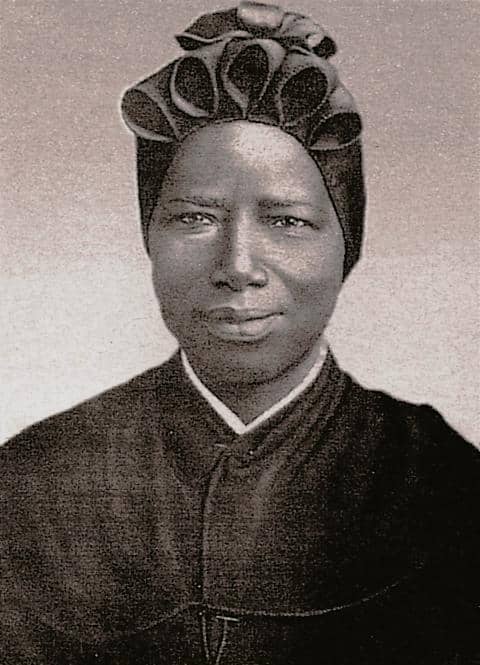SÃO PAULO – The encounter between Brazil’s President Luiz Inácio Lula da Silva and Pope Leo XIV on Oct. 13 in the Vatican was received as an attempt of the South American leader to establish a close relationship with the pontiff – like the one he used to have with Pope Francis.
Lula traveled to Rome to attend the United Nations Food and Agriculture Organization’s World Food Forum, which is happening this week. According to a BBC story, the Brazilian government insisted on a meeting with the pope several times, until the Vatican accepted it, despite the pontiff’s busy schedule. The reunion was a private one, not an official State visit.
Later, Lula said on social media that he talked with Leo about the fact his government has taken Brazil out of the hunger map. He also mentioned the pontiff’s apostolic exhortation Dilexi te.
“I told him that we need to create a broad movement of indignation against inequality and that I consider the document to be a reference that needs to be read and practiced by everybody,” he said.
Lula also mentioned that he again invited the pope to attend the upcoming United Nations Climate Change Conference (known as COP30), which will happen November in the Brazilian city of Belém. His environment minister, Marina Silva, had already officially invited the pope during a visit a few weeks ago. Leo said that he will not be able to go.
After their meeting, Lula said that he and the pope are already friends, according to an anonymous source mentioned by BBC Brasil.
For him, having a close relationship with the pontiff is not a secondary thing. Lula will most probably run for reelection in 2026, facing a representative nominated by former President Jair Bolsonaro (2019-2022) – who is under house arrest after being convicted for attempted coup d’état in January of 2023.
Finding a strong point in common with Leo – the struggle against poverty – Lula has a chance to build with him the kind of friendship he had with Francis.
“Lula’s most important political success during his first two tenures was precisely to combat extreme poverty. That’s why creating a connection between himself and Leo’s exhortation is politically important,” said Francisco Borba Ribeiro Neto, a sociologist and an expert in religion.
Ribeiro Neto recalled that the Brazilian right (mostly inspired by Bolsonaro) raised opposition to Francis’s main advocacy topics, like the defense of marginalized people, the protection of the environment, and soccer.
“But the left did exactly the opposite. It presented itself to Francis as being persecuted by the opposition,” Ribeiro Neto said, adding that was the way Lula strategically used “programmatic convergences” in order to create an image of political affinity with Francis.
Lula will probably follow the same steps now, Ribeiro Neto said.
“But his success depends on the right-wing groups of the country. If they show they are willing to promote social justice in the terms he presented in the exhortation, for instance, the relationship between Lula and Leo will not be so close,” he added.
The opposite will happen if the Brazilian right sticks to its opposition to the Catholic social program, as designed by Francis and now by Leo.
“Lula and the pontiff, in that case, tend to become closer and closer,” Ribeiro Neto said.
In his third tenure, Lula has not had the success that most of his voters expected. He has been facing a mostly uncontrollable Congress, in which even members of his alliance many times vote against his projects.
Recently, he managed to get approved a bill aiming to exempt from income tax those who make up to R$ 5,000 per month (about US $917).
“That happened thanks to the pressure exerted by street demonstrations. But shortly later, lawmakers resumed their traditional behavior and took out of the agenda a government bill aiming to tax great inheritances, something that would fortify this administration’s finances,” Father Jean Poul Hansen told Crux.
In Hansen’s opinion, it was a happy coincidence that Lula managed to meet with the pontiff shortly after he published the exhortation.
“The document recovers elements of the Latin American Liberation Theology, like the preferential option for the poor,” Hansen said, adding that Lula was formed in that environment as a metal worker.
Since his first tenure, Lula has been fighting poverty, but not every time he had the same kind of success.
“If well read, the exhortation can alert the government about the alliances it has established, which many times limited its supposed option for the Brazilian people,” Hansen said.
He said Dilexi te can inspire the government, given that it has been “more inactive than one expected” when it comes to its behavior towards the people.
